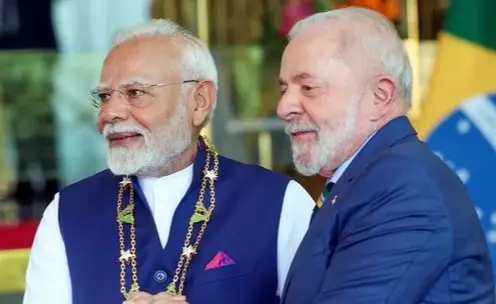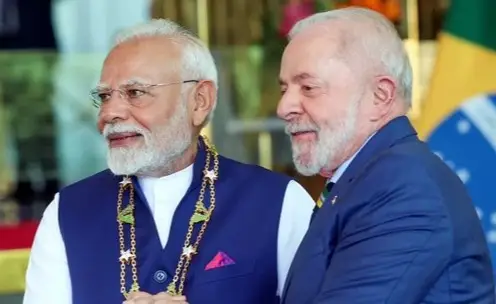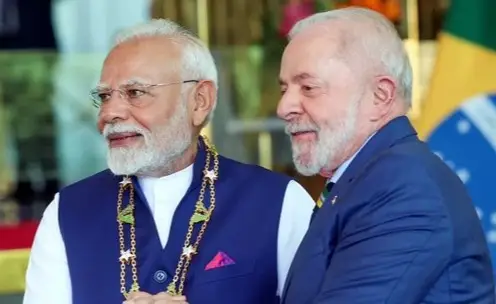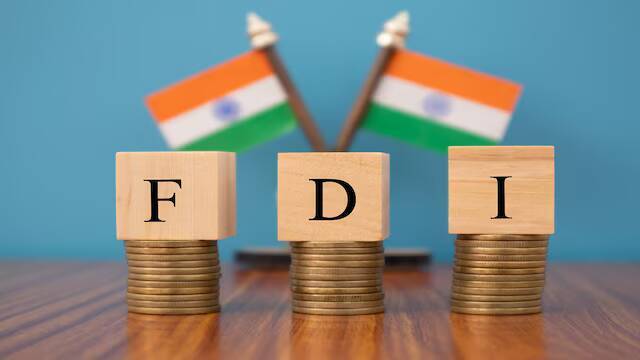
Babar’s sons have no right to live here: Singh on TMC’s Babri row
The Babri Masjid controversy has once again sparked a heated debate in the country, with Union Minister Giriraj Singh criticizing the Trinamool Congress (TMC) over its MLA Humayun Kabir’s announcement to rebuild the Babri Masjid. The statement has ignited a firestorm of reactions, with many questioning the TMC’s motives and the implications of such a statement.
According to Singh, the TMC’s claim to rebuild the Babri Masjid is unfortunate and reflects the party’s dependence on “infiltrator vote banks.” He further emphasized that those who call themselves the sons of Babar and Aurangzeb have no right to live in India. This statement has significant implications, as it raises questions about the identity and belonging of certain groups in the country.
The Babri Masjid controversy has a long and complex history, dating back to the 16th century when the mosque was built by the Mughal emperor Babar. The site is also considered sacred by Hindus, who believe it to be the birthplace of Lord Rama. The dispute over the site has been a contentious issue for decades, with both Muslims and Hindus claiming ownership.
In 1992, the Babri Masjid was demolished by a group of Hindu extremists, leading to widespread violence and riots across the country. The incident marked a turning point in the country’s history, highlighting the deep-seated tensions between Hindus and Muslims.
The TMC’s announcement to rebuild the Babri Masjid has been seen as a provocative move, with many questioning the party’s motives. While the party has claimed that the move is aimed at promoting communal harmony, others have argued that it is a blatant attempt to appease Muslim voters.
Singh’s statement has added fuel to the fire, with many criticizing his remarks as divisive and inflammatory. The statement has also sparked a debate about the role of politicians in shaping public discourse and the need for responsible leadership.
In a country where diversity and inclusivity are celebrated, statements like these can have far-reaching consequences. They can create an atmosphere of fear and mistrust, pitting one community against another. It is essential for politicians to be mindful of their words and actions, recognizing the impact they can have on the lives of ordinary citizens.
The TMC’s announcement and Singh’s response have also highlighted the deep-seated prejudices and biases that exist in our society. The fact that a politician can make a statement like this and still be taken seriously is a reflection of the entrenched attitudes that pervade our public discourse.
As a country, we need to reflect on our values and principles, recognizing the importance of inclusivity and diversity. We need to create a society where everyone feels welcome and valued, regardless of their background or identity. This requires a fundamental shift in our mindset, one that recognizes the inherent worth and dignity of every individual.
In conclusion, the Babri Masjid controversy has once again highlighted the deep-seated tensions and prejudices that exist in our society. The TMC’s announcement and Singh’s response have sparked a heated debate, with significant implications for the country. As we move forward, it is essential to recognize the need for responsible leadership and inclusive discourse, one that promotes harmony and understanding among all communities.






